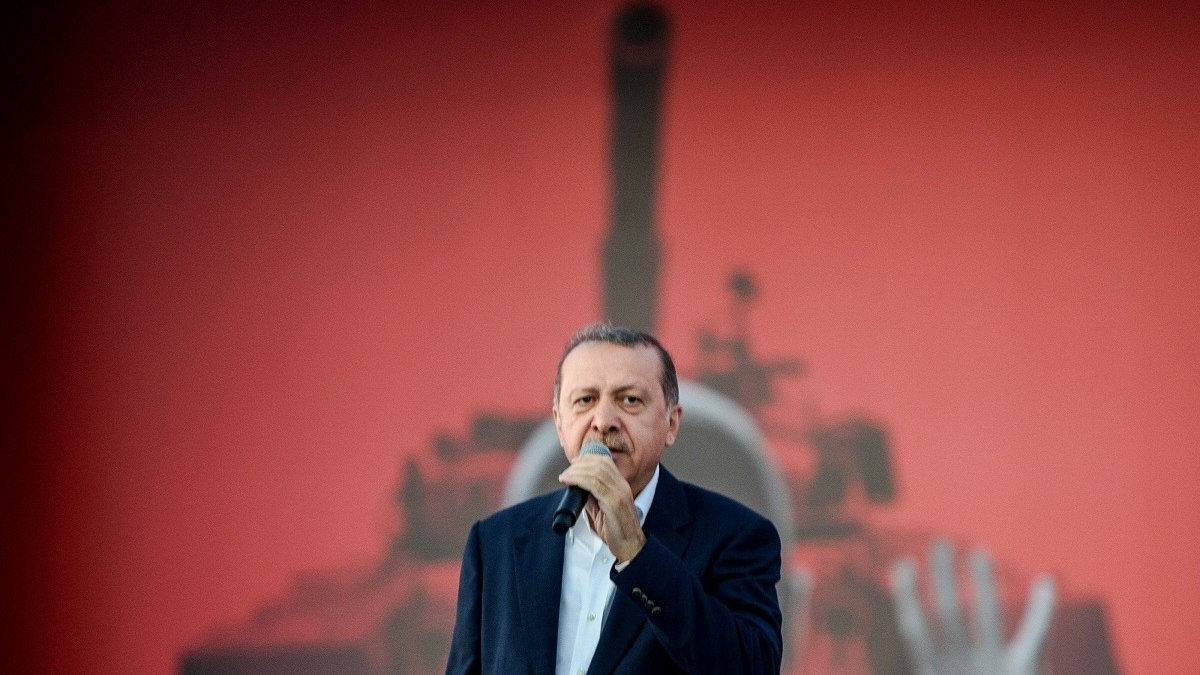WASHINGTON — Since his early days in power, Turkish President Recep Tayyip Erdogan has made growing the country’s defense industry a long-term goal. But with the future of Ankara’s participation in the F-35 program in doubt and the country in the midst of an economic downturn, can Turkey’s defense firms stay on track?
Defense News talked with Bulent Aliriza, director and senior associate on the Turkey Project at the Center for Strategic and International Studies, about the challenges ahead.
Under Erdogan, Turkey has made growing its indigenous defense industry a priority. How would you rate that development?
Developing a self-sufficient defense industry was one of Erdogan’s very ambitious 2023 goals, for the centennial of the Turkish republic. By his own self-proclaimed yardstick, the sector is not where he wants it to be. However, there has been impressive progress under Erdogan’s personal direction with around 65 percent of the sector now indigenous, compared to 20 percent when he came to power in 2003, along with defense exports of over $2 billion last year.
While Turkey cannot challenge the U.S. and Russia, who dominate the arms market and have the technology to make the fighter jets and missile systems Turkey cannot manufacture, Erdogan wants it to break into the second category comprising the Chinese, British, German and French.
Do you see potential long-term damage to Turkey’s defense ambitions from the fight over the Russian S-400 air defense system and the American F-35 fighter jet?
The Turks have not forgotten 1974, when there was a congressionally imposed arms embargo after they sent troops to Cyprus, which lasted until 1978. Even weapons paid for under Foreign Military Sales were not delivered, and they had to scavenge in their own system or look to regional neighbors for parts for their U.S.-made aircraft. The termination or suspension of involvement in the F-35 program will have a similar impact on their defense psyche and reinforce the perception that Turkey cannot continue to rely on the U.S and needs an indigenous defense industry not subject to the whims of Congress.
What impact could that particular spat have on Turkey’s indigenous developments, including export potential?
The Turkish defense industry relies heavily on joint programs with the U.S. and has to import many of the parts and components for the weapon systems it produces, including engines and software. This affects Turkey’s ability to develop and, even more significantly, to export such systems. Problems in getting U.S licensing hampered the recent helicopter sale to Pakistan.
If Turkey and the U.S. cannot maintain their current cooperation in major projects like the F-35, for which Turkish defense companies manufacture parts, there will inevitably be a negative impact on the sector. It is worth noting that more than a third of Turkish defense exports in 2018 were to the U.S.
What do you see as potential issues that could slow the indigenous defense growth?
Beyond the potential effects of the S-400/F-35 crisis, the most important variable is the trajectory of the economy, which will determine if Turkey will be able to sustain the major financial commitment to its defense industry. The current economic downturn will inevitably necessitate a review of defense expenditures along with other costly government programs. However, tempering public expectations involving a thriving defense industry in a country pursuing the goal of becoming one of the top 10 economies in the world would not be easy.
By Aaron Mehta
Source: Defense News



